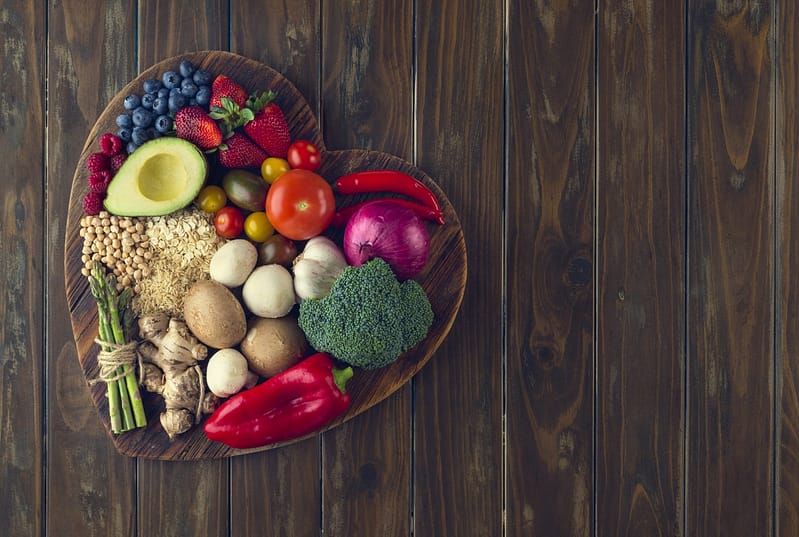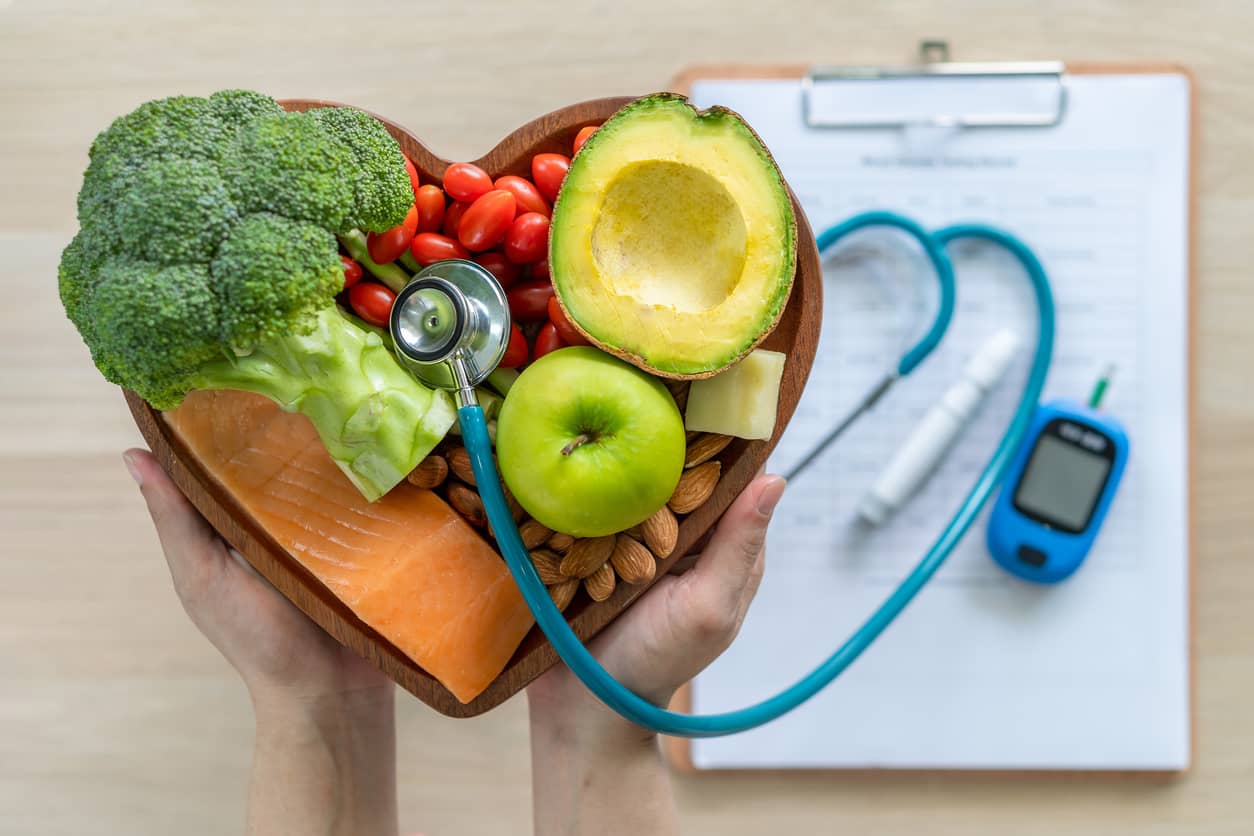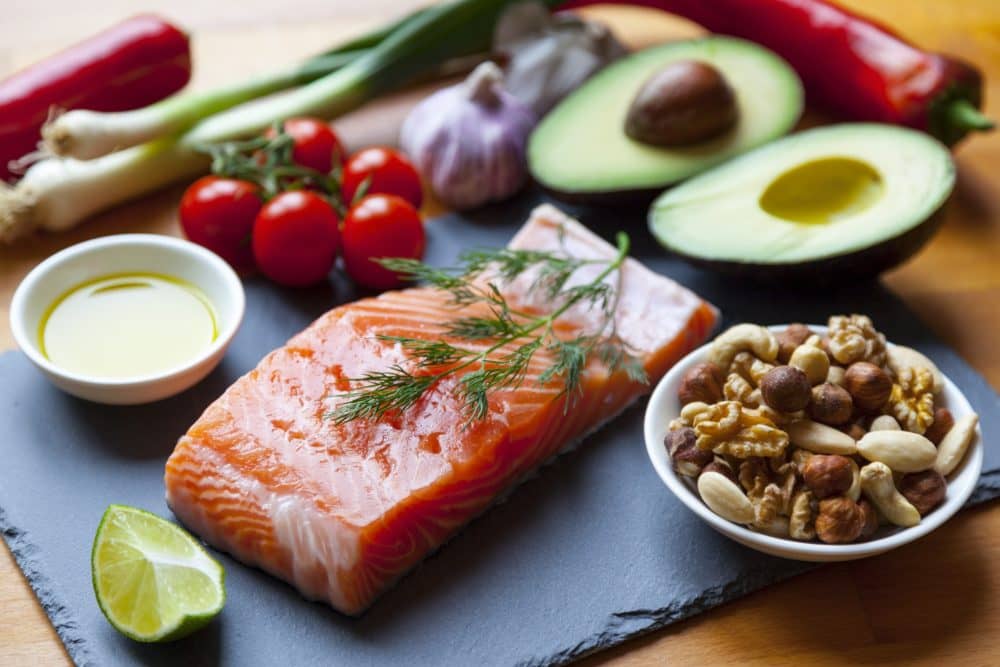Dietary fiber has become very easy to avoid by those who eat the Standard American Diet (SAD). Processing and refining of foods to satisfy a penchant for “lighter” foods has nearly stripped dietary fiber right out of existence, unless one consciously attempts to include it in their diet It is estimated that the dietary fiber intake of average persons in industrialized Western nations is one fifth of what it was 100 years ago. Researchers now know that this reduced level of fiber in diets is a major contributor to breast cancer, diabetes, high blood pressure, elevated cholesterol levels, constipation, diarrhea, arthritis, diverticulosis, hemorrhoids, irritable bowel syndrome, obesity, heart disease, colon cancer, cancers in general, and virtually any chronic degenerative disease known to man.
Technically, fiber is a carbohydrate, though the body is unable to digest fiber, as digestive enzymes, acids and alkali cannot break it down. All fiber is of plant origin–animal products have no fiber. There are two types of fiber–insoluble (sometimes called crude) and soluble.
Insoluble fiber includes cellulose and lignins–material which provides structural support for plants. This material is rough and coarse. Insoluble fiber is found in wheat bran, celery, whole grains and legumes. It serves to create a larger stool mass which can be moved along the intestinal tract with ease, whereas the smaller volume of pasty stool resulting from a diet low in fiber can take a week to move through the digestive tract, allowing toxic unnatural situations to develop in the intestinal tract. Soluble fiber includes pectin (a mucilaginous carbohydrates)-fibers still unaffected by digestive juices, yet they are soluble in water. As one might expect, this type of fiber is softer than insoluble fiber. This fiber is plentiful in legumes, psyllium husks, flax seeds, grapes, prunes, carrots, seaweed, most vegetables and fruits, especially apples. It attracts water to the stool mass, making the stool bulky and soft, thus aiding in reducing intestinal transit time. The fiber contained in vegetables, and not the fiber in whole grains, is now thought to be responsible for lowering colon cancer occurrence.














